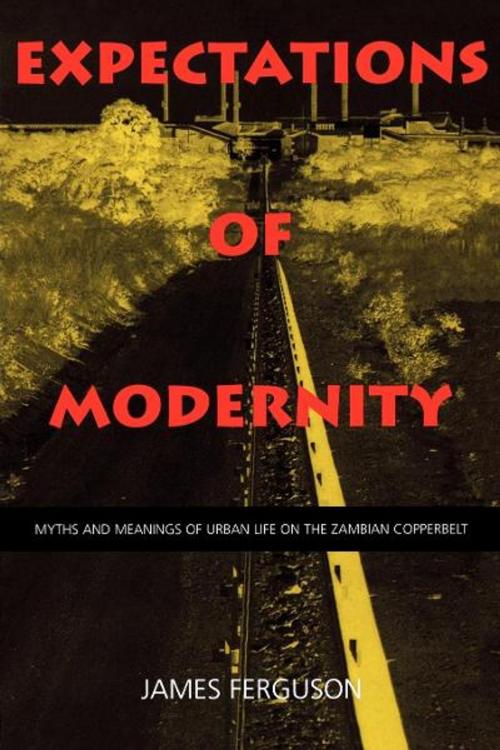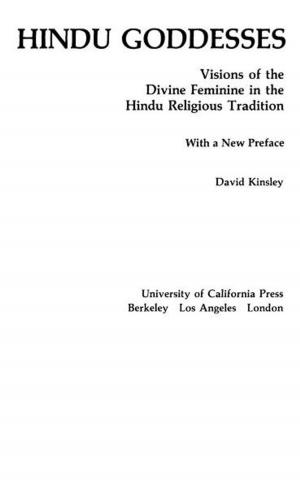Expectations of Modernity
Myths and Meanings of Urban Life on the Zambian Copperbelt
Nonfiction, History, Africa, Social & Cultural Studies, Social Science, Anthropology| Author: | James Ferguson | ISBN: | 9780520922280 |
| Publisher: | University of California Press | Publication: | October 1, 1999 |
| Imprint: | University of California Press | Language: | English |
| Author: | James Ferguson |
| ISBN: | 9780520922280 |
| Publisher: | University of California Press |
| Publication: | October 1, 1999 |
| Imprint: | University of California Press |
| Language: | English |
Once lauded as the wave of the African future, Zambia's economic boom in the 1960s and early 1970s was fueled by the export of copper and other primary materials. Since the mid-1970s, however, the urban economy has rapidly deteriorated, leaving workers scrambling to get by. Expectations of Modernity explores the social and cultural responses to this prolonged period of sharp economic decline. Focusing on the experiences of mineworkers in the Copperbelt region, James Ferguson traces the failure of standard narratives of urbanization and social change to make sense of the Copperbelt's recent history. He instead develops alternative analytic tools appropriate for an "ethnography of decline."
Ferguson shows how the Zambian copper workers understand their own experience of social, cultural, and economic "advance" and "decline." Ferguson's ethnographic study transports us into their lives—the dynamics of their relations with family and friends, as well as copper companies and government agencies.
Theoretically sophisticated and vividly written, Expectations of Modernity will appeal not only to those interested in Africa today, but to anyone contemplating the illusory successes of today's globalizing economy.
Once lauded as the wave of the African future, Zambia's economic boom in the 1960s and early 1970s was fueled by the export of copper and other primary materials. Since the mid-1970s, however, the urban economy has rapidly deteriorated, leaving workers scrambling to get by. Expectations of Modernity explores the social and cultural responses to this prolonged period of sharp economic decline. Focusing on the experiences of mineworkers in the Copperbelt region, James Ferguson traces the failure of standard narratives of urbanization and social change to make sense of the Copperbelt's recent history. He instead develops alternative analytic tools appropriate for an "ethnography of decline."
Ferguson shows how the Zambian copper workers understand their own experience of social, cultural, and economic "advance" and "decline." Ferguson's ethnographic study transports us into their lives—the dynamics of their relations with family and friends, as well as copper companies and government agencies.
Theoretically sophisticated and vividly written, Expectations of Modernity will appeal not only to those interested in Africa today, but to anyone contemplating the illusory successes of today's globalizing economy.















